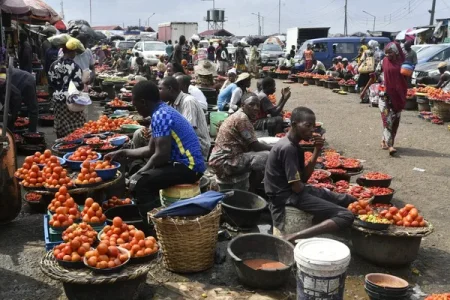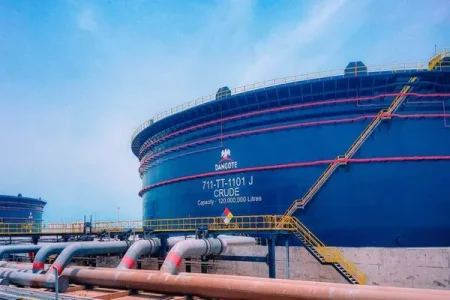
Discover how rising food prices in Nigeria, including rice, beans, and tomatoes, are reshaping household budgets. Explore innovative culinary solutions amid economic challenges and learn about the factors driving these price hikes.
The rising prices of essential food commodities like rice, beans, and tomatoes in Nigeria have sparked widespread concern among consumers and policymakers. Economic factors such as currency fluctuations, driven by Nigeria's oil-dependent economy, contribute to higher costs for imported agricultural inputs. Persistent inflation further erodes purchasing power, affecting production and distribution costs.
Supply chain challenges, including high transportation costs and post-harvest losses due to inadequate infrastructure, also escalate prices. Government policies aimed at promoting local production through import restrictions and subsidy removals aim to bolster self-sufficiency but often lead to supply deficits and price hikes when local production falls short.
Environmental factors such as climate change-induced weather extremes and pest infestations further strain agricultural output, exacerbating food scarcity. Socio-political issues like regional conflicts disrupt farming activities, compounding food production challenges.
Here are the current prices of key food items:
- Rice: Prices range from ₦74,000 to ₦85,000 per 50kg bag, depending on the type and origin.
- Beans: Brown beans are priced at ₦135,000 per 50kg bag.
- Tomatoes: A basket of premium quality fresh tomatoes sells for around ₦45,000 to ₦70,000.



![[FULL LIST] Tinubu Appoints IBB's Son, Others to Lead Key Agencies](/data/attachments/219/219051-c45e0723af5235b4e99b88eb1fa579fd.jpg?hash=su4VHIBpS9)
